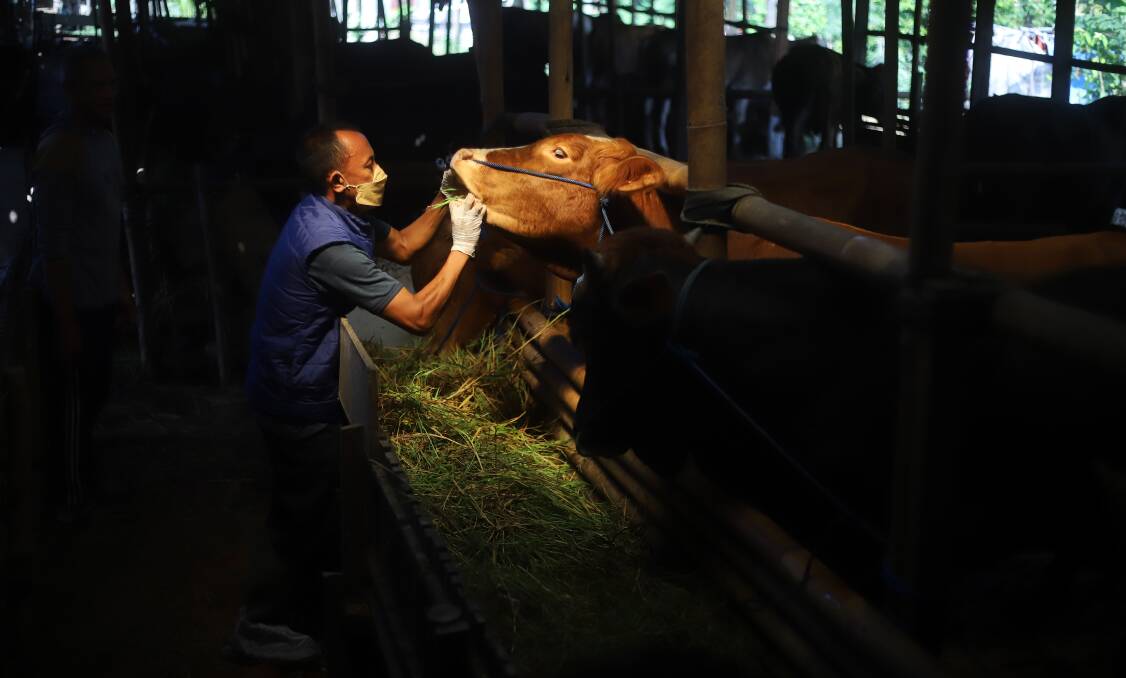
THE extent to which co-operation from the public, and other stakeholders, will be needed to battle foot and mouth disease should it arrive in Australia is becoming clear.
Subscribe now for unlimited access to all our agricultural news
across the nation
or signup to continue reading
The Ausvetplan disease strategy manual for foot and mouth highlights this element of community support as 'vital to the success of an eradication program.'
Industry leaders are already urging the new agricultural minister to place biosecurity front and centre, saying a 'warned' community will be critical to putting strategies in place if a foot and mouth outbreak is detected on home soil.
The disease is highly contagious, spreading by aerosols and with movements of infected animals and contaminated products, equipment and people.
The trauma of lockdowns will be back in the bush. Whether COVID-19 has paved the way for that, or will mean people are more likely to push back from the outset, is the great unknown.
The degree of acceptance for livestock being destroyed - something Australians are not used to - is also unknown.
ALSO SEE:
For more than two decades, cattle producers have been warning of the widespread devastation a foot and mouth outbreak would cause.
In an article in the North Queensland Register on March 22, 2001, Agforce was calling for compulsory luggage searches of every traveller coming into Australia from foot and mouth infected countries.
They noted it was 'drastic action' but pointed to the British situation, 'where communities have been shut down'.
Livestock selling had closed down, transport companies mothballed and England's rural tourism severely restricted, Agforce reported back then.
"People in rural areas are not even allowed to walk their dog," Agforce's Larry Acton said.
It must be understood that an outbreak here would mean Australians face the same restrictions, he said.
Thomas Elders Market consultant Andrew Whitelaw, who lived in Scotland during the 2001 United Kingdom outbreak, said his hometown was largely closed down, 'with soldiers on the streets, checkpoints at farm entrances and the popping sounds of animals being culled.'
"I saw first-hand the impact that FMD had on my community - the economic impacts, through the lack of tourism and businesses shutting down. However, these pale to the psycho-social effects of the depression and suicides which followed in the wake of FMD," he said.
"I don't want to see that here; it leaves a lingering stain on the soul of rural communities. Think of FMD as a drought that lasts a very long time."
For all the big news in beef, sign up below to receive our Red Meat newsletter.


